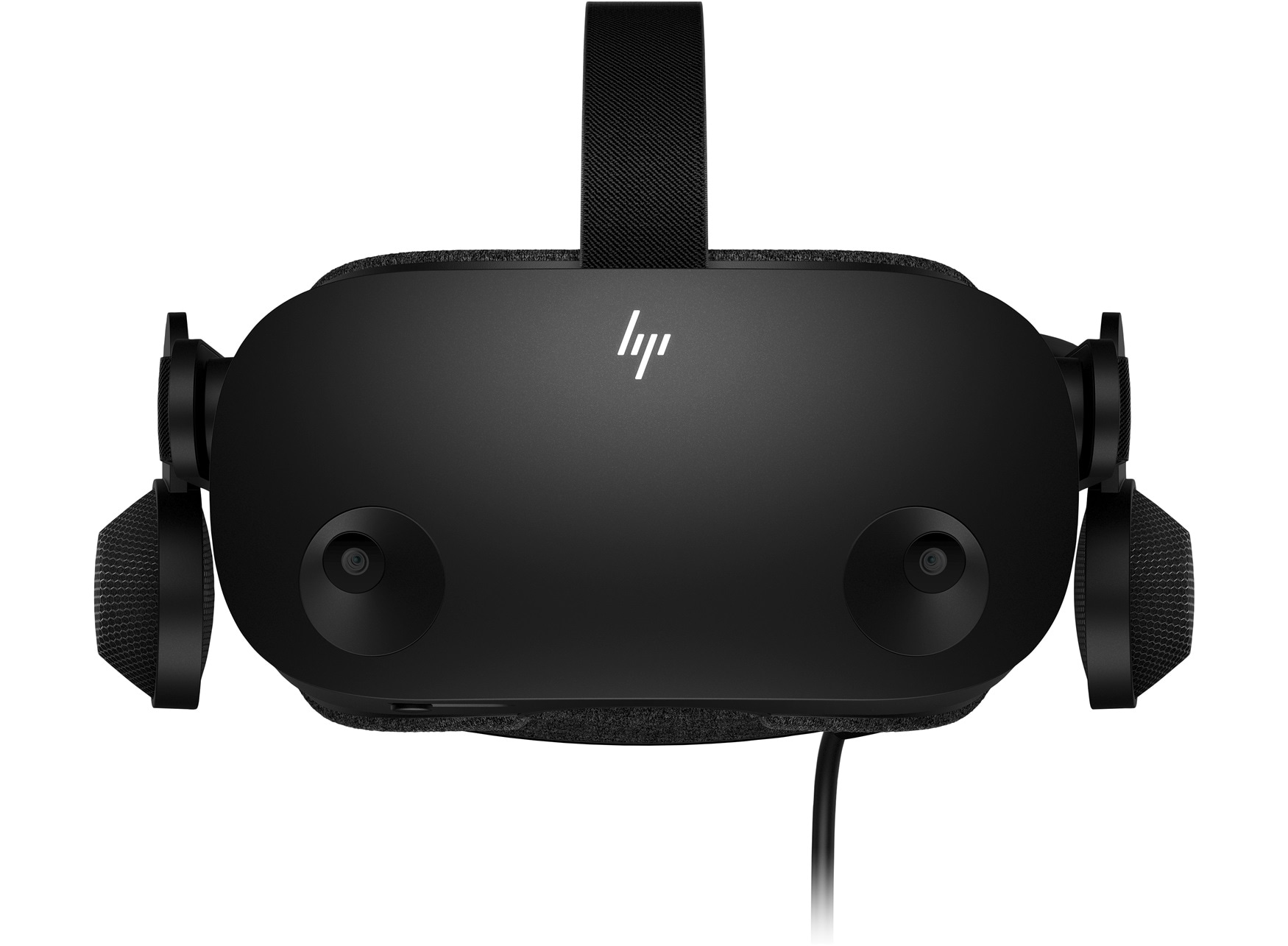Windows Mixed Reality, launched in late 2017 as an extension of Windows 10, transports users into a virtual world. Microsoft convinced six of its major computer partners – Asus, Acer, Dell, HP, Lenovo and Samsung – to jump on board by releasing headsets for the platform.
HTC’s Project Proton is a bizarre VR headset that looks like a pair of glassesOculus Rift S reviewAre Microsoft’s Mixed Reality Headsets the Affordable Savior of VR?
Only two Windows Mixed Reality headsets – the Samsung Odyssey+ and HP Reverb – launched successors since their initial release, while competing VR headset brands have been catching consumers’ attention. Microsoft peaked with 11% of the Steam headset market share in June 2019, but that figure has dropped down to 8% as of January 2020. Microsoft has been losing ground to more popular headsets such as Oculus Rift and HTC Vive. “There’s a widespread feeling that essential elements of these [Windows Mixed Reality] headsets—the tracking and controllers—are ‘last-gen’ compared to contemporary devices,” RoadtoVR said. Despite some setbacks, Microsoft says that it will continue to invest in Windows VR by improving its hardware. “We continue to believe that end-users will be interested in taking part in mixed reality through a variety of different entry points along the spectrum, inclusive of virtual reality, augmented reality and everything in between," a Microsoft spokesperson told RoadtoVR. The company also mentioned its commitment to the Windows Mixed Reality plugin for SteamVR, which enables users to access Steam content. Jesse Schell, CEO of Schell Games – the studio behind popular VR games including I Expect You to Die – believes Microsoft is waiting for the right moment to dig its fingers deeper into VR. “My guess is Microsoft feels its HoloLens development already checks the ‘VR/AR R&D [research and development]’ box for its company, and if it sees the consumer market take off, it can enter late, and still be very successful by leveraging both the Xbox and HoloLens together,” Schell told Motley Fool (opens in new tab). RoadtoVR said that Microsoft was tight-lipped about how it plans to improve its augmented reality strategy, so all we can do is wait and see what the tech giant has in store for the future of VR.



